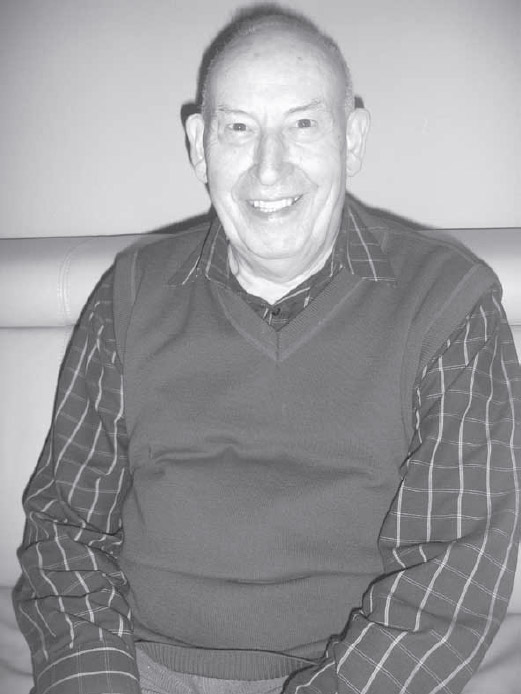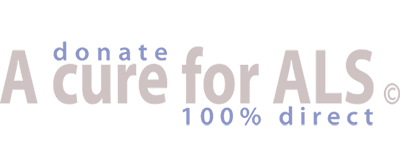Jos Stocquart

How and when were you first diagnosed with ALS?
…I first noticed something was wrong in the spring of 2009. Sitting at the table, I would sometimes involuntarily drop my knife, spoon or fork. Mugs of coffee or glasses of water fell out of my hands too or were knocked over. I started trembling when writing and constantly had a soar treat, especially when swallowing. I also regularly choked, usually when drinking something. Walking became harder too. The second sign was more serious and happened in September 2009. I suddenly lost 5 kg in weight in three weeks time, without any reason. This continued until I had lost 10 kg. CT scans and x-rays revealed no anomalies. One outpatient admittance in hospital and many tests later, I was told it wasn’t a loss of fat, but a loss of muscle mass, and that I had a muscular disease, but there was still no mention of ALS. I needed a check-up every two months and in April 2010, my neurologist Dr Peeters in Hasselt confirmed it was ALS...
Did you know the disease? Were you sufficiently informed about it? Did the information meet your own experiences? Were there things about which you weren’t informed?
…I only knew about the disease from coverage in newspapers and on TV. Dr Peters informed us well and explained everything, including expectations for the future and possible implications. She also advised us to write down all the questions we had, so she could answer them when we’d meet again one month later. The information we received then wasn’t great. No improvement possible, only deterioration and loss of power...
Being ill changes your life. How did it influence your chores at home, your work situation, your hobbies? What encourages you?
…The disease has changed a lot in our lives. I’m less able to help out at home and running errands isn’t possible anymore. Before the disease, every time the weather was great, we would take our electrical bikes and cycle up to 15km. But now I already struggle with 2-3km. Fortunately we moved to an apartment a couple of years ago, so there is no more work to be done outside…
How do you spend your time? How important is family for you?
…Our free time is spent reading and watching tv. Sometimes a short bike ride. Our children’s support is very important to us, especially with groceries that are too heavy, like beverages…
How did you come into contact with the ALS League? What are your experiences with our range, our activities, ...? Do you have any suggestions for improvement?
…We came into contact with the ALS League through our pharmacist. When we picked up Rilutek for the first time, he asked my wife what is was for, he had never heard about it before. When he was told about ALS, he looked online and informed us about it. We then signed up at the ALS League and are very happy with them and their range and activities…
Are you considering taking a short holiday at Middelpunt? Or have you already done so?
…A few weeks ago, during a visit at the ALS League, we talked about a holiday at Middelpunt. Our daughter is going to arrange it for us…
Is the contact with other patients valuable for you?
…I know of four other persons with ALS in our borough. One woman regularly comes to our physical therapist, and we are also in contact and have the occasional visit with two others…
Do you have a positive message for other patients?
…Try to keep your spirits up, maybe and hopefully they will (preferably quickly) find a way to stop this disease…
Is there anything else you want to share with us?
…My neurologist Dr. Peeters referred us to the neuromuscular centre of Prof Van Damme at the University Hospital Gasthuisberg. Every six months I have a check-up there, not just medical tests, but also conversations with the physical therapist, the speech therapist, the dietitian and the rehabilitation specialist, who monitor my condition very well…
We thank you for your time to give us this interview and wish you the best. Should you have any questions about ALS, the disease’s progression, aids, ..., feel free to contact us, we’d be happy to help you. Until the next time, at an activity or at the secretariat!
Translation: Katia Ombelets
Source : Nieuwsbrief 159 – January, February, March 2013


